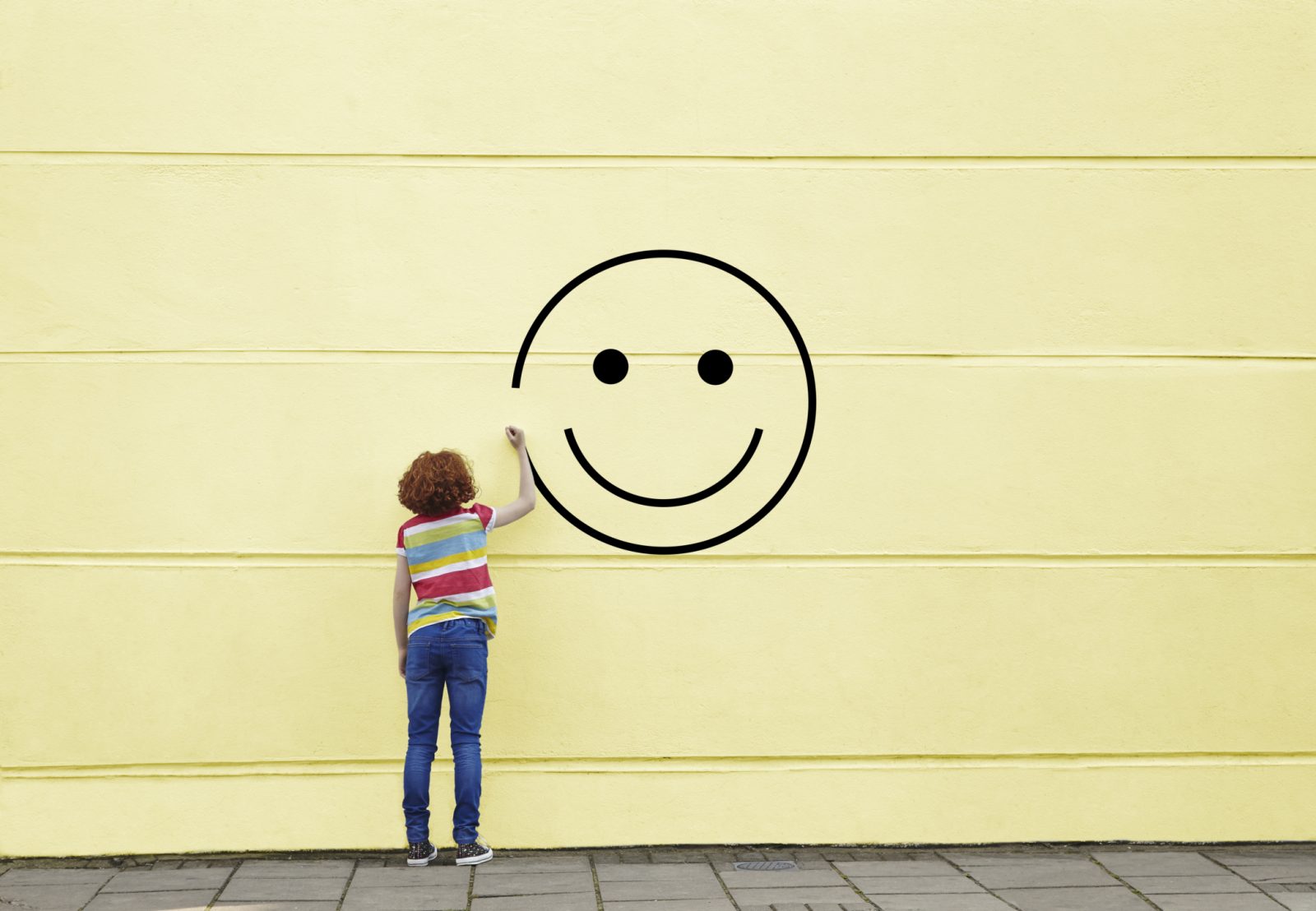
Australian Research Group found that dietary changes and increased physical activity can be as effective as psychotherapy sessions in treating mild depression.
This information was reported by the publication MedicalXpress, reports “URA-Inform”.
Analysis of the study
According to scientists, the study focused on individuals suffering from increased stress, which can signal a mild form of depression, but does not necessarily indicate an officially diagnosed mental illness. The main symptoms include depressed mood, a feeling of hopelessness, irritability and a tendency to cry.
The research team collaborated with a local mental health agency to recruit 182 adult participants and conduct group sessions via Zoom. All participants completed six sessions over eight weeks.
Methods and approaches
Participants were divided into two groups. The first group was randomly assigned to a lifestyle intervention program led by an accredited dietitian and physical activity specialist. This group followed the following recommendations:
- eating a variety of foods;
- preferring plant foods high in fiber and good quality fats;
- limiting foods high in saturated fat and added sugar;
- engaging in enjoyable physical activity on a regular basis.
The second group participated in psychotherapy sessions led by two psychologists.
Both groups were given the opportunity to continue their current treatment, including antidepressants. Participants in the first group received food baskets, while those in the second group received colouring books, stress balls and head massagers.
Results and conclusions
At the end of the eight-week period, there was a reduction in depressive symptoms in 42% of participants in the first group and in 37% of those in the second group. The difference between the groups was statistically and clinically insignificant, suggesting that the two interventions were comparable in effectiveness.
In addition, the difference in cost between the programs was minimal, with the lifestyle intervention being slightly cheaper at AUD$482 per participant compared with AUD$503 for the psychotherapy. This difference is due to the difference in hourly rates of nutritionists, physiologists and psychologists, as the researchers note.
Recall that scientists have learned to “control the brain” of mice.

